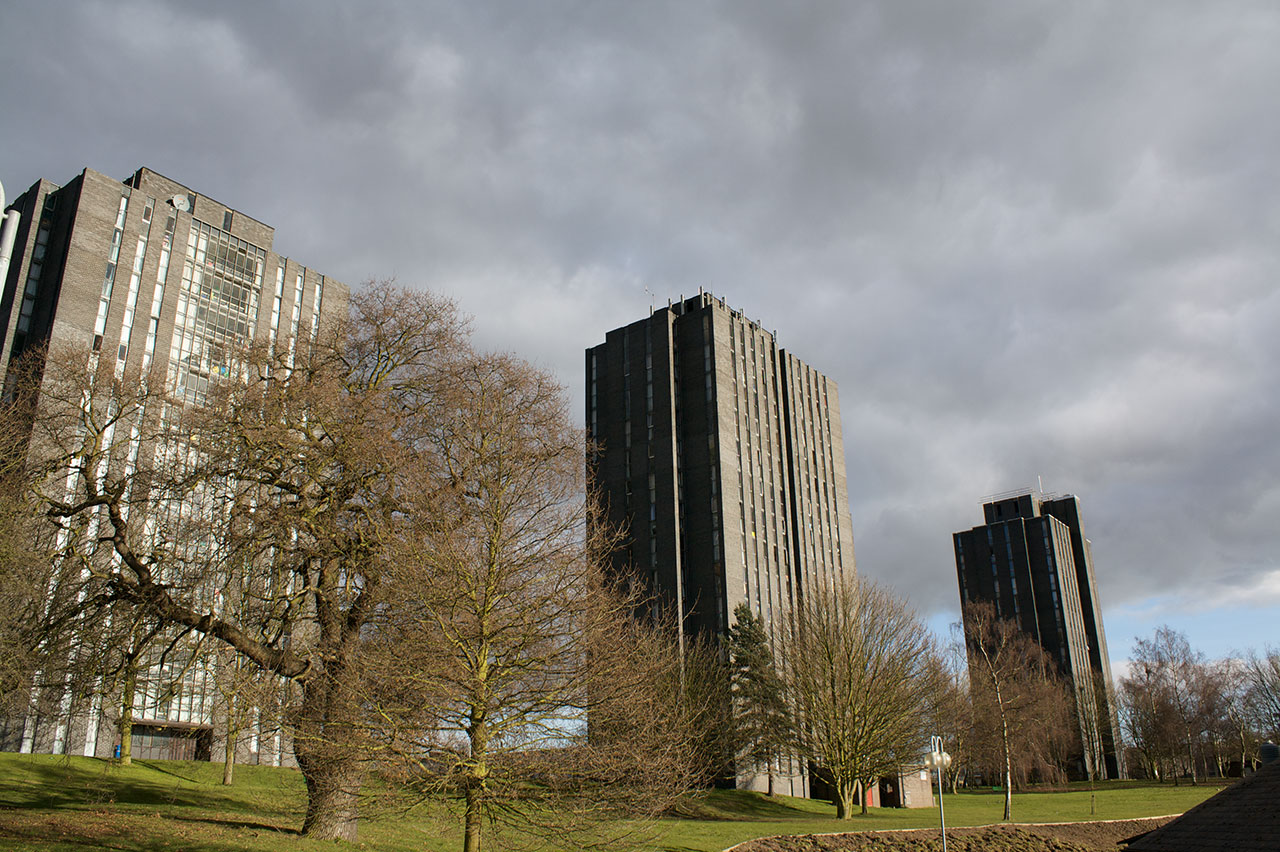University of Essex
Essex University is situated in three locations within the county of Essex in the South East of England. REQUEST INFORMATION
KEY INFORMATION:
The two main campuses are in Colchester and Southend, both coastal towns, whilst the third campus is in Loughton, within the M25 corridor to the north east of London. The population of Essex is 1,700,000 spread across the county (some 14 main towns).



UG 10700
PG 2490



Six steps to University of Essex
Our method to your success
FREE CONSULTATION MEETING
REPORT & INSTITUTION SHORTLIST
APPLY & RECEIVE AN OFFER
WOO HOO! YOUR OFFER IS ACCEPTED
ARRIVAL & POST ARRIVAL SUPPORT
WE ARE WITH YOU EVERY STEP OF THE WAY
LOCATION:
All three university sites are within easy travelling distance of London. The nearest major airport to Colchester and Southend is London Stansted, whilst Loughton is nearer to London City Airport. These both offer flights to all major European destinations. For worldwide international flights, London Gatwick and London Heathrow airports are easily accessible by train via central London or by coach, bus or car via the M25.The average lowest temperature in the area is between .5-3 degrees in January and the average highest temperature is between 20-22.5 degrees in July.
REQUEST INFORMATION..

Request Information - University Courses
HISTORY:
A bid to create a university in Essex was first made in 1959 and the fully fledged University of Essex opened in 1964 backed by donors such as Sir Winston Churchill. In 2005 the University formed a partnership with the University of East Anglia to develop the University Campus Suffolk in Ipswich which offers undergraduate and postgraduate degrees validated by both Essex University and UAE. Essex University is particularly well known for its teachings in the Social Sciences i.e: Economics, Political Science and Sociology. Business studies is another area of specialism.
LOCATION:
All student residences at Colchester and Southend are either on campus or a 2 minute walk away. There is no university student accommodation at Loughton. In addition to student residences, the main Colchester campus provides shops, banks, a theatre and houses 16 academic departments and schools. The Colchester campus is located within Wivenhoe Park, 4 miles to the south of Colchester town. The Southend campus is home to the Essex Business School, the centre for Education and Social Care, the School of Health and Human Sciences and the Centre for Psychoanalytic Studies. University Square is the location for student accommodation, the sports centre, the Clifftown theatre and studios and the Albert Slothman Library which houses the Sigmund Freud collection of books and documents. The Southend campus is situated within Southend town centre. The Loughton site is the location for the University of Essex, East 15 Acting School, Theatre and Studio.
RANKING:
University of Essex is currently ranked between 301-350th in the Times Higher Education rankings. Essex is ranked between 401-500th in the Shanghai Tong Jaio rankings. Essex is not a member of the Russell group of universities.University of Essex is ranked 105th in the National Student Survey Satisfaction rankings.
INTERNATIONAL:
2011 figures for international students studying at Essex University reported 4235, coming from 132 countries worldwide representing approximately 28% of all students.
SIZE:
Latest figures indicate around 13,000 students in total, across the three campuses, of which 10,700 are undergraduates and 2,490 are postgraduates.
EMPLOYMENT:
HESA govt statistics show that 94.1% of Essex graduates are in employment or in further education 6 months after graduation. However, a breakdown of post-graduation employment by course, showing the split into professional/managerial positions, rather than general employment figures, is available from Unistats an independent source of university data. For more information, please visit the REF Information page.
FACILITIES:
There are currently 165 clubs and societies offered at the University covering the arts, sport, politics, culture and music. The Southend campus is home to the University Sports and fitness centre as well as Essex Business School and the Forum Student Centre. Southend is a busy seaside town, popular with holiday makers in the summer months. As well as water sports and a theatre there are museums, galleries, nightclubs, bars and restaurants. The Colchester campus at Wivenhoe is set in 40 acres of parkland and historic woodland. It is close to the seaside towns of Clacton and Frinton. Colchester offers theatre and musical events, nightlife, museums and art galleries.
ACCOMMODATION:
All first year undergraduates are guaranteed accommodation in university owned purpose built residences mainly comprising self-catered flats of between 6 and 13 rooms with varying bathroom/kitchen facilities. Accommodation contracts are normally of 39 weeks duration for undergraduates and 50 weeks for postgraduates.The lowest price for a single room with shared bathroom and kitchen facilities is £105.21 per week.There is no catered university accommodation.
COST:
International students
International undergraduate tuition fees: Fees for full time undergraduate courses start at £16,850 for most courses including; Arts, Humanities, Social Sciences subjects. Laboratory based subjects including; Biological Sciences & Psychology are charged at £19,080 and Computer Science and Electronic Engineering costs £19,670.
SUBJECT AREAS:
REF (Research Excellence Framework) was an independent government review conducted into the quality of research at UK universities and published in December 2014. This information highlights subjects of specialism within each university. We have listed all subject areas where at least 60% of the research conducted in these specific fields has been graded 3 or 4 stars. (4 stars being the highest ranking REF award). For more information, please visit the REF Information page.
LIFE AT University of Essex
We have been helping overseas students gain entrance to University of Essex for a number of years now, progressing to high profile careers in the UK. Find out more about this school below.
Review
Coming Soon
 LOOKING FOR AN ONLINE COURSE?
Our team can help you find a relevant course for your study.
BOOK A CALL
LOOKING FOR AN ONLINE COURSE?
Our team can help you find a relevant course for your study.
BOOK A CALL
DOWNLOAD YOUR FREE GUIDE TO A QUALITY UK EDUCATION
Sign up to our free Newsletter and you'll get a free copy of our guide to accessing a UK education to help you navigate the entire process.
REQUEST INFORMATION..
Get free instant access to exclusive content and join our monthly email guide
We’re with you every step of the way and will keep you updated on the latest UK education news. Find out more about joining.
